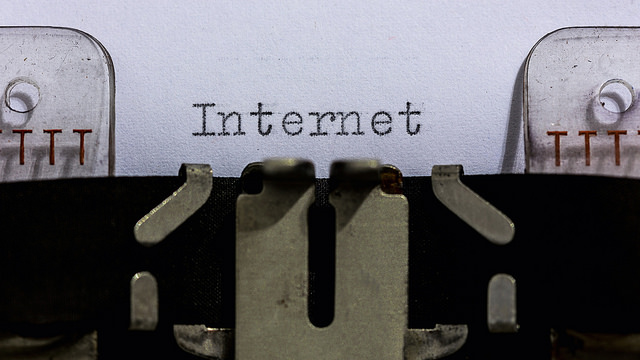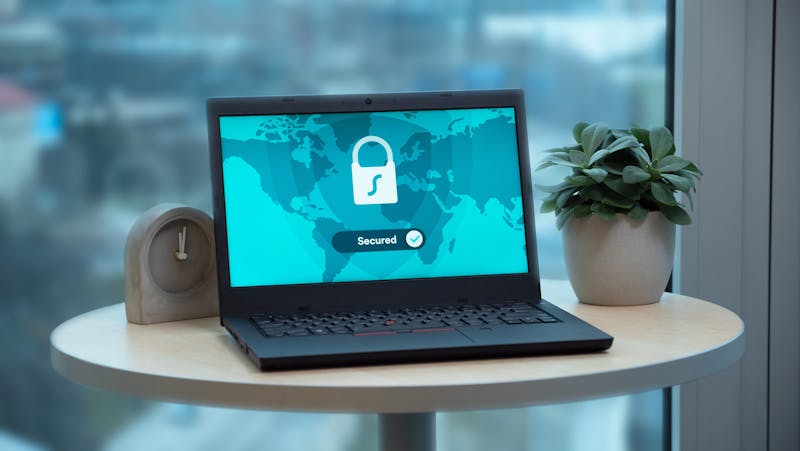How will the Internet of Things affect the workplace?
The Internet of Things (IoT) continues to create headlines around the world, and make headway into businesses, cities and homes. Whatever your type of company, the IoT is playing a part in some part of your supply chain. Haulage, shipping, transport and cargo companies already use it to monitor the location of their vehicles around the world, while sensors monitor and report the state of the goods in transport, be it the temperature of perishable items, the stability of sensitive shipments and acting as an anti-theft measure.
When goods arrive at their destination, the IoT helps manage automated warehouses, while in retail, the stock control and trends of stores can be analysed on an industrial level, generating alerts and alarms for the business to respond to faster than ever before. As the IoT expands, it requires companies of any size to invest more in the cloud computing resources necessary to handle the growing amounts of "big data" generated by millions of IoT devices.
Even traditional businesses are finding the IoT impacting their plans. These include car park or traffic management firms that will find their infrastructure upgrades requiring IoT components to meet new smart city bills and legislation to improve the environment for drivers and people. Plumbers and home installers are finding customers increasingly interested in connected smart home thermostats, leak detectors and other connected devices to reduce bills and prevent damage in offices or homes. Similarly, electricians are installing smart lighting in both offices and homes to save energy and add smart features like lighting themes and for added security.
For any business, the IoT will become an integral part of their processes, just like computers and smartphones are now. However, instead of the hardware on the desk or in hand, IoT devices will be distributed around your area of operations, be it a home town or around the world. Your company's interaction with them will be through data sets and reporting dashboards, making them feel more like a software product.
How your business can use the Internet of Things
The IoT's implications for business will see changes in product, a need for back-end IT services, improved IT support, new skills needed to manage roll outs and for analysis of the data. There will also be high-end management insight required to establish how the IoT can benefit the business, and make deployment and investment decisions in a fast moving market.
In any initial efforts, the IoT may be deployed with a focus on efficiency and cost savings within a business. It may help to manage information or stock, and reduce the cost of sending out a person to inspect sensors, meters or recording other data.
Once that has been achieved, then the business can look for revenue generation from the IoT by rolling out subscription services to other companies or clients. With cloud or smart home subscriptions now the norm for business and consumers, they can benefit from the data that your business gathers through its use of IoT, and use it to their advantage.
If you are not sure how the IoT can be of benefit to your company, look at how utility industries, the healthcare market and insurers are making headway with the technology. Either by selling IoT enabled devices, or giving low-cost items away with a subscription, they can better monitor their customers and respond better to their needs.
Cases vary hugely in example, but consider a company that currently waits for an order to come in from a customer. In the IoT era, you will get an alert that they are running low on stock and can provide a pre-order offer for them to ensure you keep their custom. Any company with regularly servicing business, like a garage, will get alerts from the car or other product, whenever there's an issue. They can arrange a convenient check up to investigate the problem, and while most customers may worry about more costly and frequent check ups, being able to sell these services compared to the savings of smoother long-term running and what could happen with a total failure will help highlight the benefit.
Whatever your approach to IoT and related services, customers will need to be assured of the safety of any data and the security around any pieces of connected IoT hardware. While most businesses will buy off-the-shelf IoT systems and software, ensuring business reliability, stability and security will be essential to guaranteeing an service can run reliably and safely. Any business investigating IoT must run trials to check their systems are secure against hacking and weak points of failure. Only then should you consider a wider roll out to customers.
The IoT will shake up how a lot of companies do business in the coming years. Yours needs to be prepared to join in the trend or risk being left behind and losing customers.







